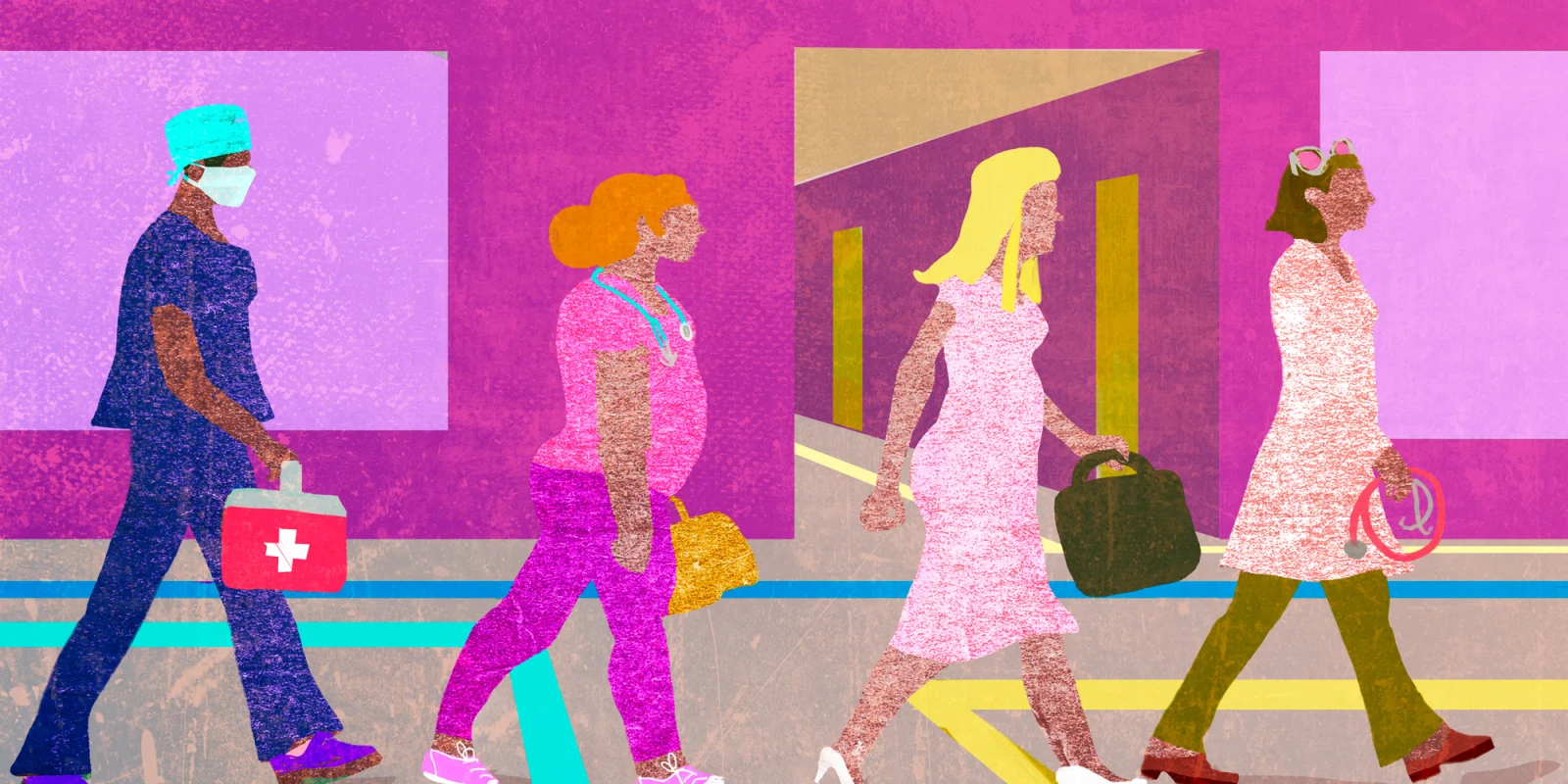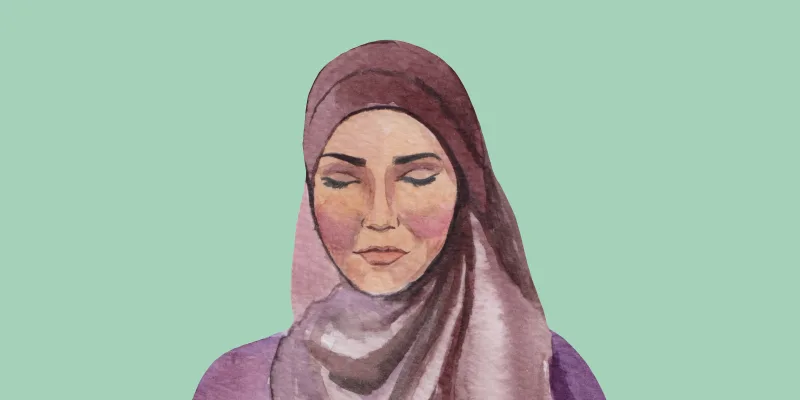
This month, Dr. Ai Mukai and I were the session directors for the Women’s Community Day Session, “Envisioning Women Physiatrists BOLD,” at the Annual Assembly for the American Academy of Physical Medicine and Rehabilitation (AAPMR). And bold it was. We heard from eight bold women who are entrenched in the battlefields of shattered glass and lifting others up with them. I really learned so much from this session at AAPMR 2019 and want to share some of those pearls with other women and allies.
Our main speaker was Sara Laschever, co-author of two books on negotiation, "Women Don’t Ask: The High Cost of Avoiding Negotiation and Positive Strategies for Change" and "Ask for It! How Women Can Use the Power of Negotiation to Get What They Really Want". For more than an hour, she delivered the goods to our community. She discussed that women in medicine have networking problems. Men have more information and they give each other a lot of guidance. And often that guidance is at places women are not invited (the golf course, the basketball court, etc). With that in mind, women need sponsors. Women with sponsors are 27% more likely to approach their boss about a raise and get it, are 22% more likely to ask for a plum assignment, are 23% more likely to be satisfied with their rate of career advancement, and are 27% more likely to continue working full-time if they become mothers.
Women also need to assume that everything is negotiable and therefore we should revisit our goals. We really need to ask ourselves what want. And these goals do not have to just be financial. We must also ask strategically. One quote from Sara Laschever I won’t forget is, “People don’t plan to fail; they fail to plan.” With this in mind, we have to research comparables as part of planning.
So where do we start? First off, do you have a value proposition? In business, a great value proposition demonstrates what a brand has to offer and why the customer must do business with you. Figure out your strengths and special qualifications. Know how your strengths align with your institutional goals. What can you do to solve the institutions problems? Women bring a lot to the table. We bring education and work experience, talent and special skills, profession reputation, accomplishments, publications, prizes, citations, recruiting power, contacts in our field, seniority, social skills, and flexibility. Also, let others know what you bring to the table. Use casual encounters to speak about what you are doing. Water cooler talk should go beyond personal chit chat.
Have a plan when you go into a negotiation. If you ask for 30% more, you may get 10% more than you otherwise would. When should you ask? The best time to ask is before you are feeling under-appreciated or angry. Also consider ranking your priorities. Other recommendations from Sara Laschever were to make the ask in person and to prepare psychologically. This may include taking a negotiations course, combating anxiety by role-playing, practicing calm responses and joint collaborative problem solving, and getting yourself in a good mood.
Women typically ask for 30% less than men ask for on average. And women report salary expectations between 3 and 32 percent lower than those reported by men for the same jobs. On average, men expect to earn 13% more than women expect to earn during their first year of full-time work. They expect to earn 32% more at their career peaks. Her last tips about going into a negotiation were to set the right tone, build affiliation, justify your request, don’t let yourself be rushed, and confirm your agreement in writing. We deserve every bit of those earnings and more.
What other BOLD ladies did we hear from? Our panel of women physiatry leaders told us about their path to leadership. I won’t forget Dr. Elizabeth Sandel telling us, “Do not say no to other women asking for professional help.” It is imperative to support and sponsor other women in medicine. I was surprised when past-president of AAPMR and UT Southwestern Chair Dr. Kathleen Bell said we almost never feel ready to step into a leadership position. She credited our own Academy with believing in her and supporting her in her first leadership roles. Dr. Charlotte Smith credits relationships - with both people and associations - for helping her rise to the top as a leader. She explained 90% of life is showing up; the other 10% is being teachable, knowing something, and not ticking people off. We also heard from new AAPMR President Dr. Michelle Gittler. Her stories were honest and raw. Know we have an advocate and voice with her as president.
I left excited and inspired by these women. I learned to show up, be prepared, and bring others up with you. Be bold, women in medicine, be BOLD!
Illustration by Jennifer Bogartz







